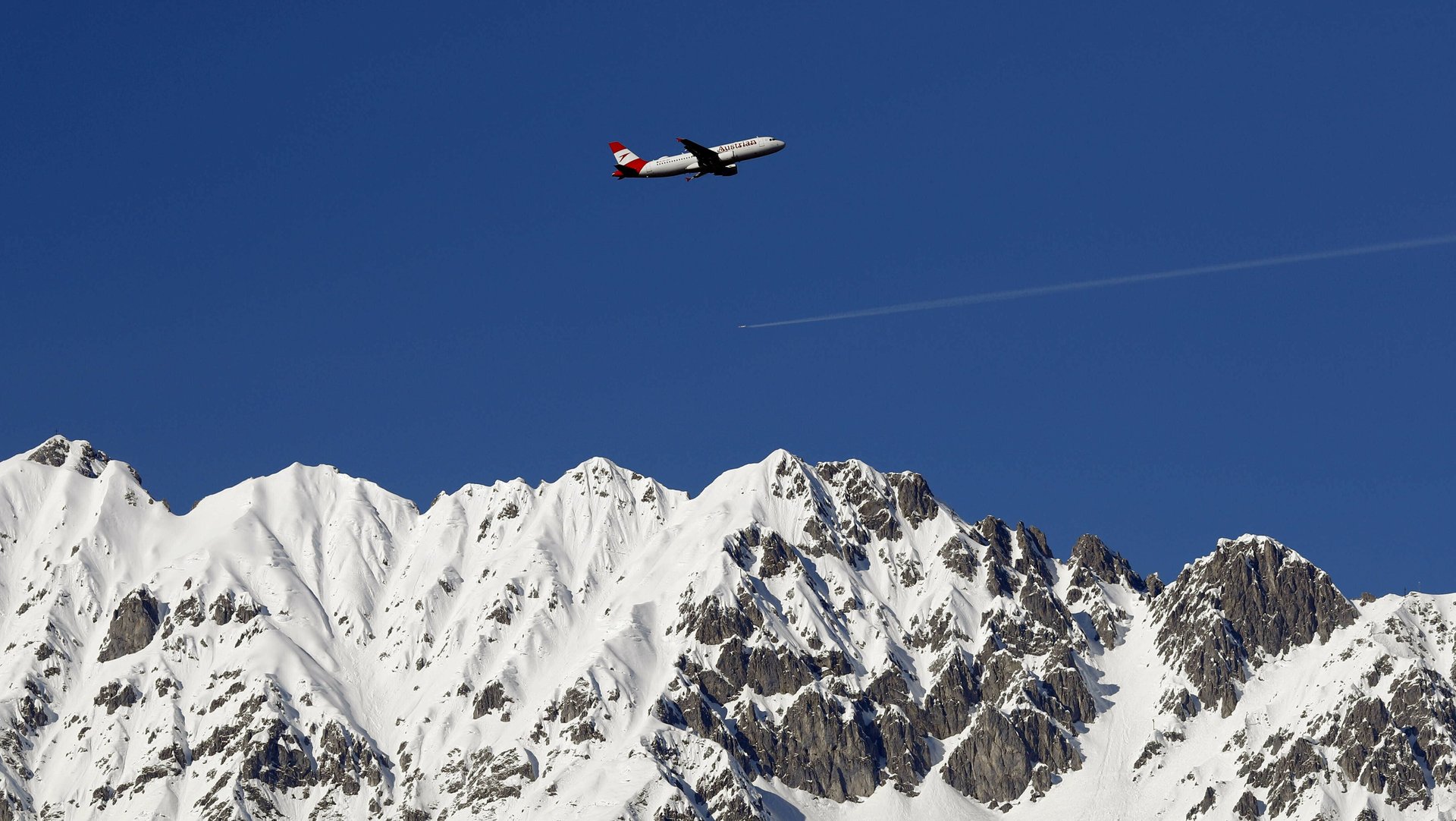Austria is making climate protection a condition for airline bailouts
Of the dozens of countries throughout the world that have bailed out their struggling airlines, Austria’s government is the first so far to propose adding environmental conditions to its grant.


Of the dozens of countries throughout the world that have bailed out their struggling airlines, Austria’s government is the first so far to propose adding environmental conditions to its grant.
Speaking at a news conference on April 16, Leonore Gewessler, the country’s environment minister, said these would be a key part of the bailout of Austrian Airlines: “If we are talking about several hundred million euros in taxpayers’ money, then it is clear that [such aid] will be linked to conditions,” Gewessler said. Austrian Airlines is reported to be seeking support of about €800 million (US$865 million), but has not yet submitted a formal request for state aid.
Given aviation’s outsized effect on climate change, “it makes a lot of sense … to use this situation to support this transformation,” said Gewessler. The country already levies a charge of €12 (US$13) per passenger, but does not impose taxes on fuel, as is the case throughout Europe.
Globally, aviation contributes more than 2% of CO2 emissions, despite the fact that more than 80% of the world’s population doesn’t fly. But its difficulty in decarbonizing, coupled with growth in the developing world, together mean it may reach nearly a quarter of global GHG emissions by the middle of the century.
So far, European governments have pledged €3.4 billion (US$3.6 billion) in financial support to airlines such as easyJet and Scandinavian Airlines, with a further €9.5 billion (US$10.2 billion) under discussion. Most of this support comes without financial or environmental conditions, though some governments have sought to limit payments to shareholders. TUI, the charter airline and travel company based in Hannover, Germany, received a €1.8 billion (US$1.9 billion) bridging loan from the German government, on the condition it waives dividend payments for the duration of the loan.
Climate campaigners are split on the best way to approach bailing out airlines. While some, like Gewessler, see an opportunity to reform the industry through strict conditions, others believe the bailouts should be avoided altogether in the hopes that polluting airlines go out of business—or, at least, not be subsidized by taxpayers’ dollars. In the UK, more than 4,000 people have signed a petition to the government calling for it to decline any requests for bailouts from the airline industry. Instead, the petition argues, the government should “support the employees to transition into roles in ‘greener’ transport.”